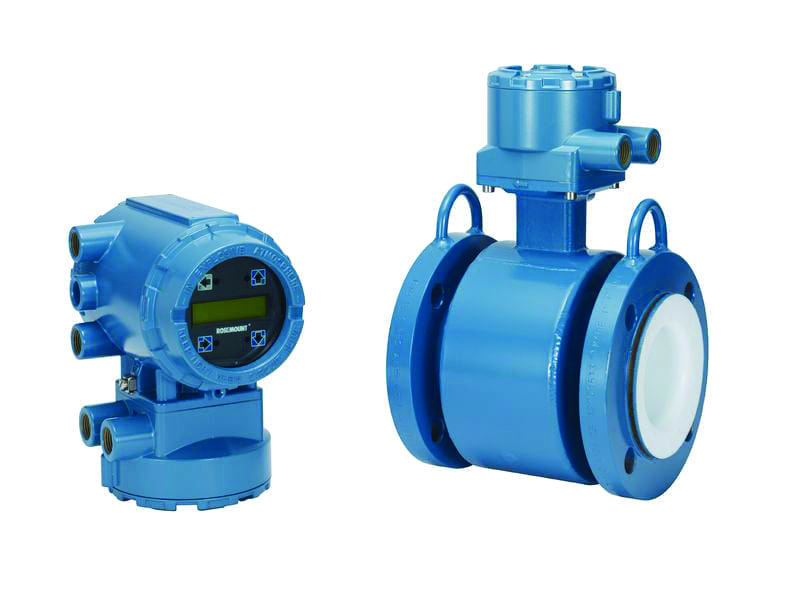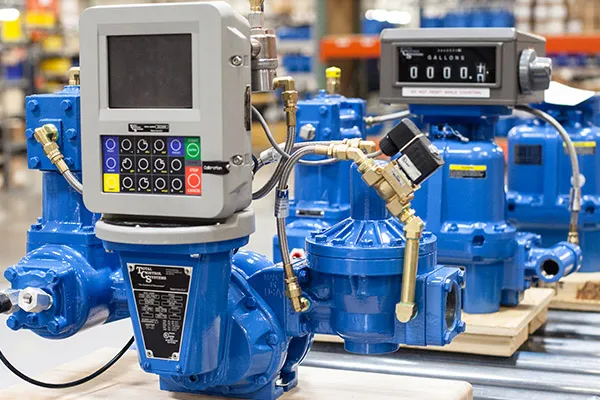An automatic irrigation flow meter allows you to control the flow of water without having to manually turn it on and off or divert it to different regions. While irrigation is an important element of farming, farmers and other landowners can profit from automatic irrigation. Here’s everything you need to know about it.
Whatever sort of autonomous irrigation system you choose, you’ll need to devote effort to the initial setup as well as continuous maintenance to ensure that your system functions effectively and efficiently. Before assessing if an autonomous system is financially viable, you must consider the system’s initial price as well as continuous maintenance costs. Check out below the advantages of having an irrigation automated system.
Spend Less
You save time with automatic irrigation. As a result, you save money. You can also save money on your water and power costs depending on the number of pumps you have and the number of hours you need to water. Because you won’t have to inspect pump sites as frequently as you would in a vehicle, you’ll likely consume less fuel and incur less wear and tear costs.

Manual labor is reduced.
You can monitor and regulate practically all aspects of irrigation with an automated irrigation system. At the press of a button, you may, for example, turn pumps on and off, cut off flow from one region and direct it to another, and so on. Control various sorts of diesel and electric motors, as well as pivots and sprinklers.
Water efficiency has improved.
An irrigation system’s flow meter structure must be carefully planned so that your plants and crops receive the proper amount of water at the appropriate time. Any concerns with under-watering and over-watering will be solved if your irrigation system is installed and set up by an expert. This is good for the plants and crops, as well as your water bill.
The ability to save water is perhaps the most tempting feature of an autonomous watering system. Dry areas and well-watered sidewalks and driveways are no longer an option. Automatic systems give perfect coverage, so you don’t have to worry about overwatering or overwatering your grass. Watering can be scheduled on a daily or weekly basis, as well as during periods of low evaporation. Many systems can also be equipped with “smart” moisture sensors. These monitor rainfall rates in real-time and only turn on when your soil is dry.
Many irrigation professionals now employ a vibratory plow for quick installation and minimal disruption to a lawn, leaving virtually no indication that the soil was disturbed. A skilled contractor will also perform important winterization services, such as blowing all water out of your pipes and sprinkler heads before the winter season each year, as well as spring restart and other routine checks.
